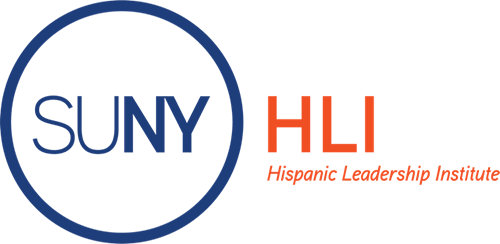I work with people that aspire to do or change something about their organizations and their lives. Leadership coaching supports a client in aligning their behaviors and actions to achieve results that are most important to their career and personal success, and to the client’s organization if applicable. My clients can be individuals or a team. The coaching plan, including specific goals and objectives, is designed jointly with the client. Sometimes, a client’s employer serves as a “sponsor” of the engagement and we will shape the coaching plan together: client, sponsor, and coach. There will be agreement on a beginning date, an end date, milestones, and costs. We will discuss how and when we will meet: in person, via phone, or video technology. (I typically have no preference.) Coaching with me is a forward-leaning activity. My focus in coaching is on present and future success. It is non-linear. Together, client and coach: we learn, discover, try new thinking and approaches, reflect, learn more, struggle, plan, support, revisit, and celebrate. Again, coaching—like life itself– is a non-linear journey. I find this work to be rewarding and challenging and enjoyable.
We will agree on days and times to meet, and the anticipated length of each session. Generally, coaching sessions for individuals last approximately one hour. Coaching sessions may be in person, by phone, or Skype or FaceTime, or other video technology. Team coaching times and schedules will vary based on the number of team members and the complexity of the issues and tasks that are often involved in working with numbers of people.
As coach, I treat my clients’ aspirations and growth as paramount, and to assist them in achieving goals. I do this by asking pertinent questions, making requests, and making observations, and supporting more self-awareness and accountability. I ask questions that are intended to help the client find clarity, direction, and momentum. We will have purposeful conversations. Coaching may involve personal issues or life conditions related to the client’s goals and objectives, and the client’s effectiveness in reaching them. My experience is that good coaching coaches the whole person: mind, language, and somatics (body). I will always ask the client’s permission to explore any of these or other domains.
No. Coaching is not therapy, psychological counseling, or social work, even though the coaching work may address personal issues or life conditions that impact on professional effectiveness. Also, coaching conversations do not constitute legal, financial or business advice. I will always be supportive of the client’s efforts to seek other professional assistance.
A consultant is typically asked to either solve or recommend solutions to a business problem of some kind. This is different than coaching. Nevertheless, I have practical experience covering several different functional areas across different organizations, especially in academic research institutions. I do offer consulting services. I will be glad to talk with clients in advance to ensure that the workscope we agree upon is properly defined so that clear lines between coaching and consulting are established.
All substance of coaching agreements and client conversations will be held in confidence. Like all certified coaches, I want my clients to know that basic client contact information (not content of coaching conversations) may need to be submitted to the International Coach Federation (ICF) as part of my ongoing accreditation. I will always contact and ask my client before any information is released. Elsewhere on this site is the
International Coaching Federation’s Code of Ethics. I abide by this Code. I encourage my clients to read it.
Fees can be per session, or by retainer for a specific purpose or period or project. Regardless, coaching has an agreed upon scope and objectives. Costs will differ whether the engagement is for individual or team coaching, or a combination. Also, costs will depend on whether there are assessments to be administered to facilitate achievement of coaching goals (e.g. Leadership Circle™ and other tools, such as DiSC™ for individuals and teams.) Coaching engagements can last from one to two months, to twelve months or more, depending on the needs and desired outcomes.








